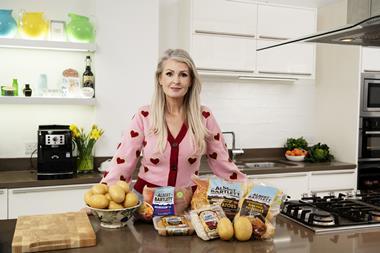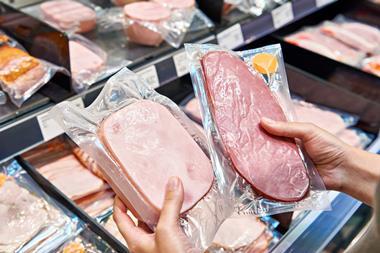Fat, salt, carbs and fibre are all nutritional elements that have been under the spotlight in the past decade. Recently, sugar has come under heavy scrutiny, being labelled ‘toxic’ and a ‘poison’.
For marketers and brand managers, these trends naturally mean that now, more than ever, we’re looking for ways to best communicate products’ health credentials to consumers.
But is that really what the public wants? Possibly not, if the results of our latest research are anything to go by. Every month, we ask our Kindred 100 panel - 100 Brits of different ages, incomes, locations and backgrounds - their views on different topics.
The old adage is that people shop selfishly. We look foremost for products that are going to benefit ourselves or our families - in terms of low price, say, nutritional value or even the absence of something ‘bad’, such as sugar.
However, it was interesting to see that - for the Kindred 100 - the social credentials of food and drink now far outweigh the health credentials.
In our latest survey, ‘free-range’ was shown as the biggest purchase motivator, and while the ever-popular ‘low-calorie’ was second, ‘ethical’, ‘British’ and ‘sustainable’ completed the top five. This shows that it’s largely the intangible benefits that rank highest: ones that aid the rest of the world first, and the consumer second. Meanwhile, ‘low-salt’, ‘low-carb’ and ‘low-sugar’ barely registered.
The results suggest our moral compasses now help guide our shopping habits, and that we view brands in a way that takes into account our unselfish feelings alongside our selfish ones.
We’re not suggesting that the health benefits of products should be ignored. Of course, they should form a part of the messaging mix. But we now live in a world where the sustainable, environmental and emotional benefits of brands need to feature just as highly, if not more so.
Perhaps consumers are now a lot less trusting of health claims, given how often the landscape changes. But one thing is for certain - products are now judged on their provenance and their origins more often than they are on their nutritional value.
Nick Mustoe is CEO of Kindred
Sign in to comment on this article
Not logged in before? Register for FREE guest access today.
You will be able to:
- Read more stories
- Receive daily newsletters
- Comment on stories
Advert



















No comments yet